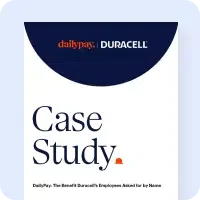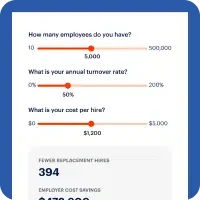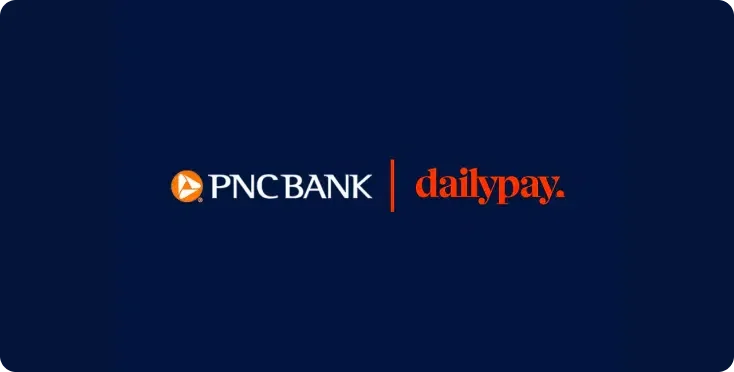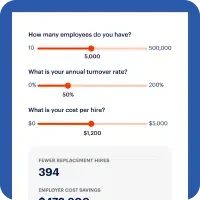Financial stress can lead to adverse impacts for both employees and their employers. If employees are experiencing financial insecurity, they may seek what is called employee loans.
Employee loans are offered by employers to their workforce, designed to assist employees in managing immediate financial needs or facilitating significant personal expenditures. Unlike traditional loans, employee loans are typically easier to access and may come with more favorable terms, such as lower interest rates and the convenience of direct payroll deductions for repayments. These loans can range from short-term options, like payroll advances for immediate cash needs, to long-term financing for larger goals such as education or home buying.
When employers do not offer loans, employees may turn to third-party payday loans as a last resort for immediate financial needs. These are short-term loans from non-bank lenders that provide quick cash but come with high-interest rates and short repayment periods. This option, while accessible, often leads to higher costs and potential debt cycles for employees.
Although offering loans to employees may seem like a nice gesture as an employer, a payroll loan still carries more ramifications than benefits for both sides.
Employees risk adding another loan to an already difficult financial situation they have and employers risk the employee borrower defaulting on their loan. If the employee decides to leave the company before the loan term is up, employers could have a hard time recovering the funds they are owed.
Why Do Employees Consider Payroll Loans?
Employees consider payroll loans for several reasons, primarily due to their convenience and accessibility. Payroll loans, offered directly by employers, provide a quick and straightforward way for employees to access funds in times of need. Unlike traditional bank loans, which may involve lengthy application processes and stringent credit checks, payroll loans often have a more streamlined approval process, making them an attractive option for employees who need immediate financial assistance.
Another reason employees opt for payroll loans is the lower interest rates compared to conventional loans or credit cards. Since these loans are managed through the employer, they can be offered with more favorable terms, including lower fees and interest rates, which make them a more cost-effective borrowing option.
Furthermore, the repayment process for payroll loans is typically convenient, as deductions are made directly from the employee’s paycheck. This automatic repayment mechanism helps employees manage their finances better by ensuring timely loan repayments and reducing the risk of default.
Additionally, seeking a payroll loan can be less stressful and more discreet than borrowing from external lenders, as it avoids the stigma or pressure that might come with other types of debt. Therefore, the combination of accessibility, lower costs, convenience in repayment, and the perceived security of borrowing from an employer makes payroll loans a compelling choice for many employees.
What Are the Alternatives to Employee Payroll Loans?
Offering loans to your employees can get complex and expensive from an employer’s standpoint. Still, employers may feel a shared responsibility for their employees’ well-being.
On-demand pay solutions or earned wage access (EWA) platforms offer a modern alternative to traditional payroll loans or employee loans, providing employees with immediate access to earned income before the regular payday. These solutions enable workers to withdraw a portion of their earned wages as they need it, offering financial flexibility and reducing the reliance on debt instruments like payday loans or even employer-provided loans.
EWA platforms are beneficial as they align with the employee’s work cycle, allowing access to funds in real-time, which can help in managing unexpected expenses or cash flow issues without waiting for the next payday. This immediacy can prevent the accumulation of late fees, overdraft charges, or the high interest associated with traditional payday loans.
Moreover, on-demand pay services often come with lower fees compared to the high costs of payday loans or the interest rates of employee loans. By providing access to already earned income, these programs also eliminate the debt trap risk, as employees are essentially accessing their money, not borrowing against future earnings.
Implementing EWA solutions can lead to increased employee satisfaction and retention, as it demonstrates an employer’s commitment to supporting their workforce’s financial well-being. This proactive approach can enhance the employer’s reputation and make it a more attractive place to work, highlighting how on-demand pay solutions are not only viable but a superior alternative to conventional employee loans.
DailyPay, the leading on-demand pay solution provider, allows your employees to access their pay more frequently which helps them escape late fees or cover unexpected hardships through the use of their income. It’s not a loan, rather, it is a non-disruptive payroll solution that allows employees to access income they’ve already earned, whenever they choose.













